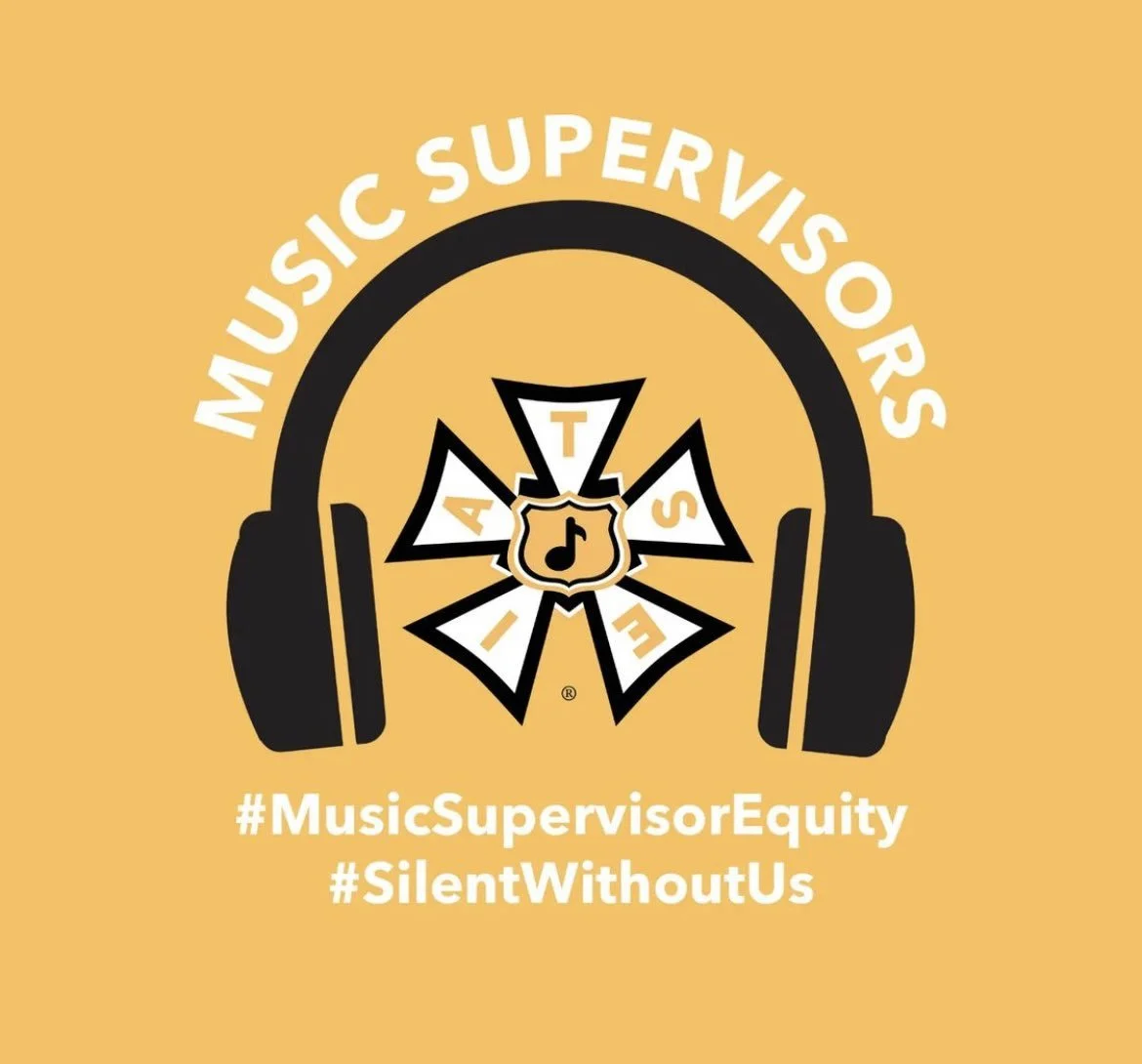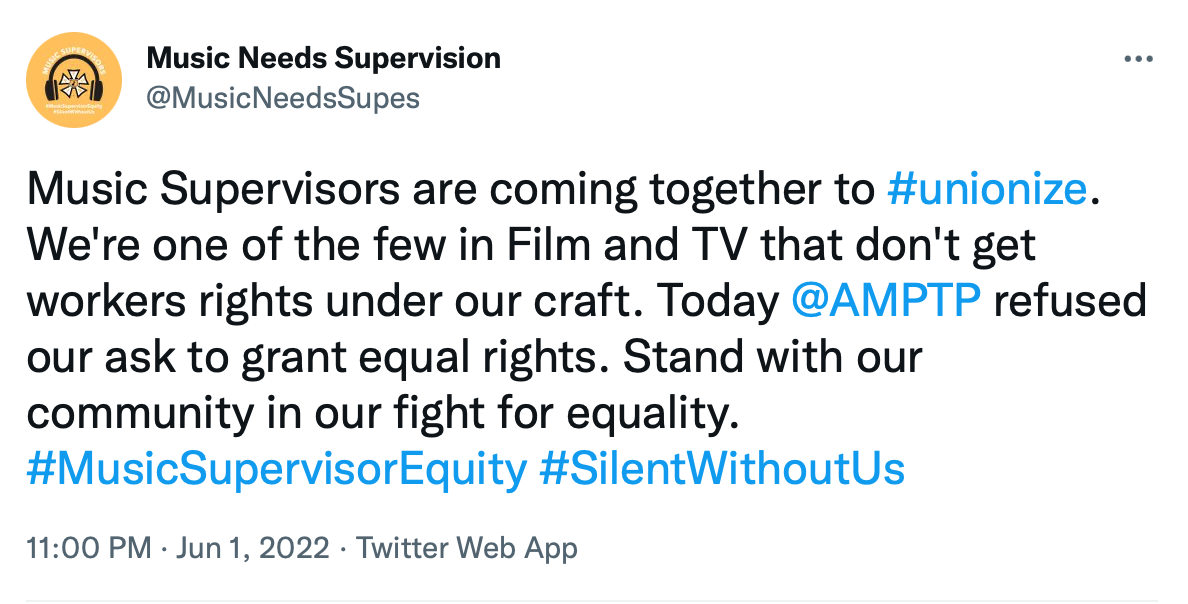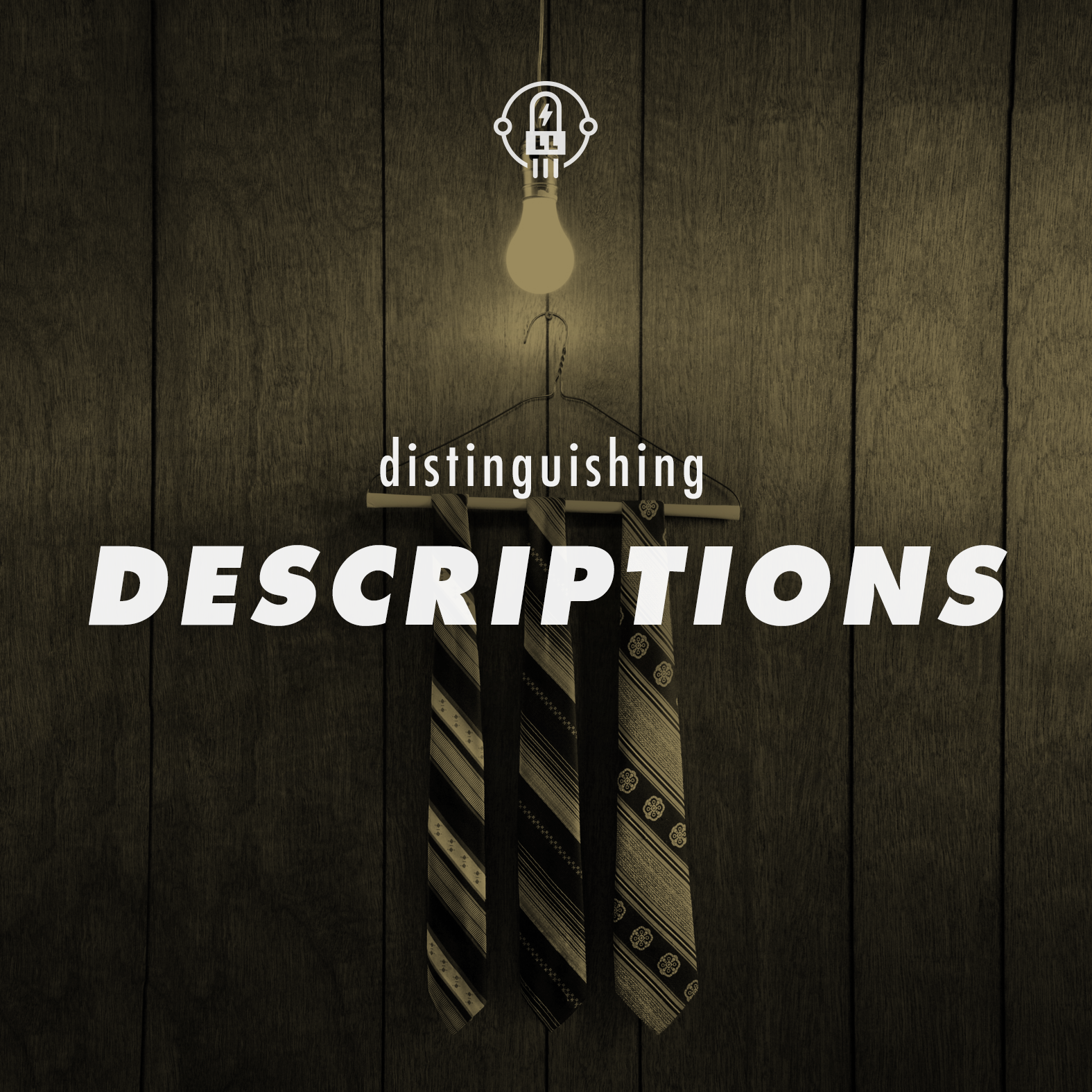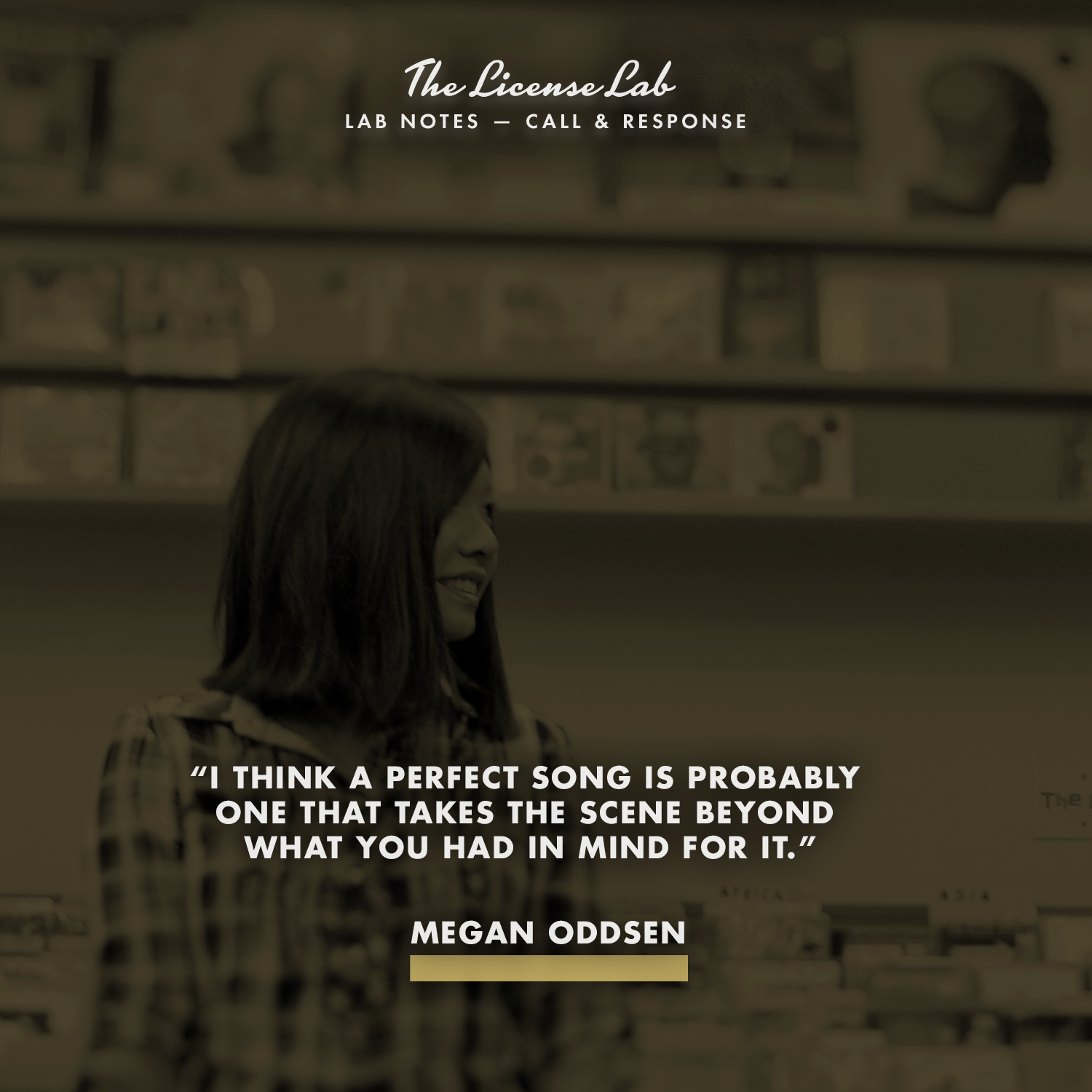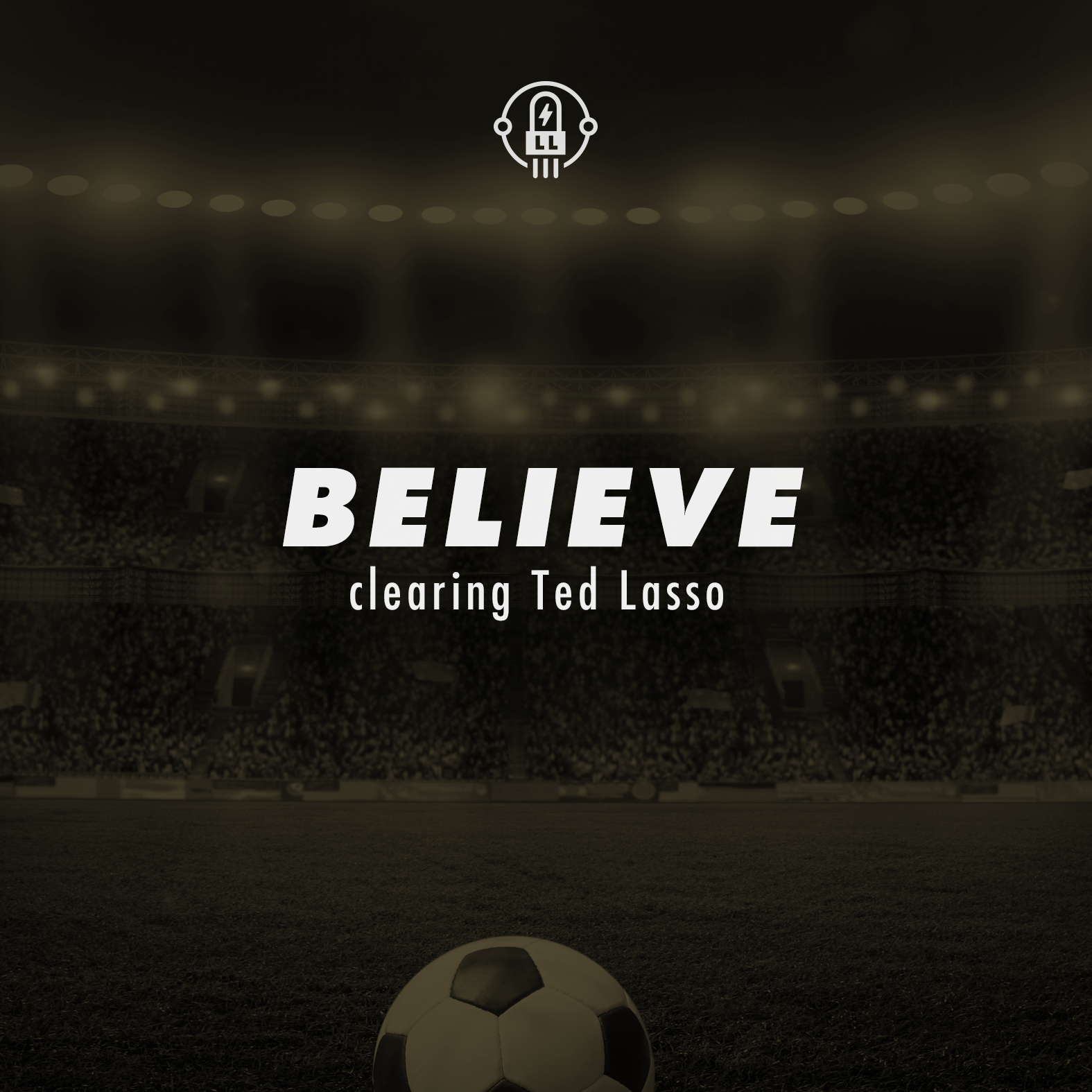Music Supervisors Unite
(5 min read)
The pandemic brought a lot of things to the surface. For some, it highlighted the lack of work-life balance in office culture and unhealthy relationships, for others the often overlooked and hidden inequities in our society were revealed. The list goes on and on, each of us responding in our own way to these turbulent times. Some people become divided, some people become united.
Music supervisors have united.
They are making the push to unionize with over 75% of active music supervisors signing union cards and collectively partnering with IATSE (The International Alliance of Theatrical Stage Employees) to help take the next steps on the potentially long road ahead after an initial request for equal rights and labor protections from AMPTP (The Alliance of Motion Picture and Television Producers) was refused.
Why now?
The short answer is that unionization efforts have been in the works for years, gathering momentum and support from members and allies to gain visibility. But what has really sparked the movement that we see today is the pandemic.
IATSE Director of Communications Jonas Loeb explains:
“The pandemic was a wake up call. When all of the productions were shutting down or being delayed, it laid bare a lot of issues for folks in the industry. For example, how many movies and shows got delayed or even canceled… music supervisors often don’t get final payments until the movie or show comes out. That could be over a year since you had worked on that production. That’s a problem.”
“… music supervisors often don’t get final payments until the movie or show comes out. That could be over a year since you had worked on that production. That’s a problem.”
But it goes deeper than delayed paychecks. Basic rights that many other industry professionals have access to are unavailable to many music supervisors, which was felt heavily in the early stages of the COVID-19 shutdown. Loeb goes on to say, “Because of the way they are classified, a lot of them were not eligible for standard unemployment. Folks were afraid they’d lose their healthcare and their houses. It served as a wake up call.”
After campaigns from organizations like the Guild of Music Supervisors (GMS) for proper credit and recognition, perhaps this is a natural progression. The groundwork has been laid to share the importance and impact that the role of music supervisors has in TV and film. Ten years ago you weren’t reading about music supervisors creating pop culture moments like when Harry Nillson’s “Gotta Get Up” became the signature sound of Netflix’s Russian Doll, made possible by music supervisor Brienne Rose, or Nora Felder’s recent placement of “Running Up That Hill” by Kate Bush in Season Four of Stranger Things.
It’s progress, there’s no denying that. But in order to protect the people that make these moments happen, not to mention all of the often overlooked logistical aspects of the job, having a union for music supervisors is key.
We chatted with music supervisor and owner of Dawn Patrol Music Katy McIlvaine about what a union for music supervisors would mean to her. She talks about how there is so much more to the job, and when potentially unqualified people are given the role, a union could level the playing field.
“You see a showrunner’s college roommate or a filmmaker’s wife as the music supervisor because they have good taste in music. And they turn all the clearance and everything over to the studio. They’re just picking songs, they’re not managing the budget, they don’t know anything about on-camera,” explains McIlvaine. “And if there are requirements for the role of a music supervisor to be a union role that I am a part of, the decade that I’ve spent learning how to do my job becomes a lot more impactful.”
When you look at the array of tweets from the Music Needs Supervision social accounts, and the increasing press covering the movement, you’ll read about big picture possibilities of a union, including pension, job security, a more sustainable future, and so much more.
“It could open up a whole new world,” McIlvaine shares. “I don’t have expectations to make a full-time living off of music supervision, because I know how hard it is to get a project and how low-paying the projects are. I’ve been doing this for 10 years and I still can’t really even imagine that.”
So how can you help a union for music supervisors become a reality?
The main request right now is to spread the word. Follow their accounts (listed below) and utilize the hashtags #MusicSupervisorEquity #SilentWithoutUs, share the posts and images, read the articles and send to a friend, post or record videos of yourself explaining your favorite music moment in a film or TV show. Public support from inside and outside of the industry will go a long way.
This final quote from Loeb says it all. “They collected the cards, they got an overwhelming majority, it’s time to sit down and make this happen.”
Where to Find: Music Needs Supervision
Twitter @MusicNeedsSupes
Instagram @musicneedssupervision
Facebook @MusicNeedsSupervision

